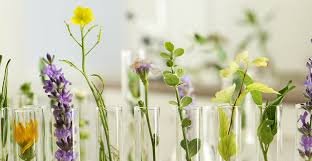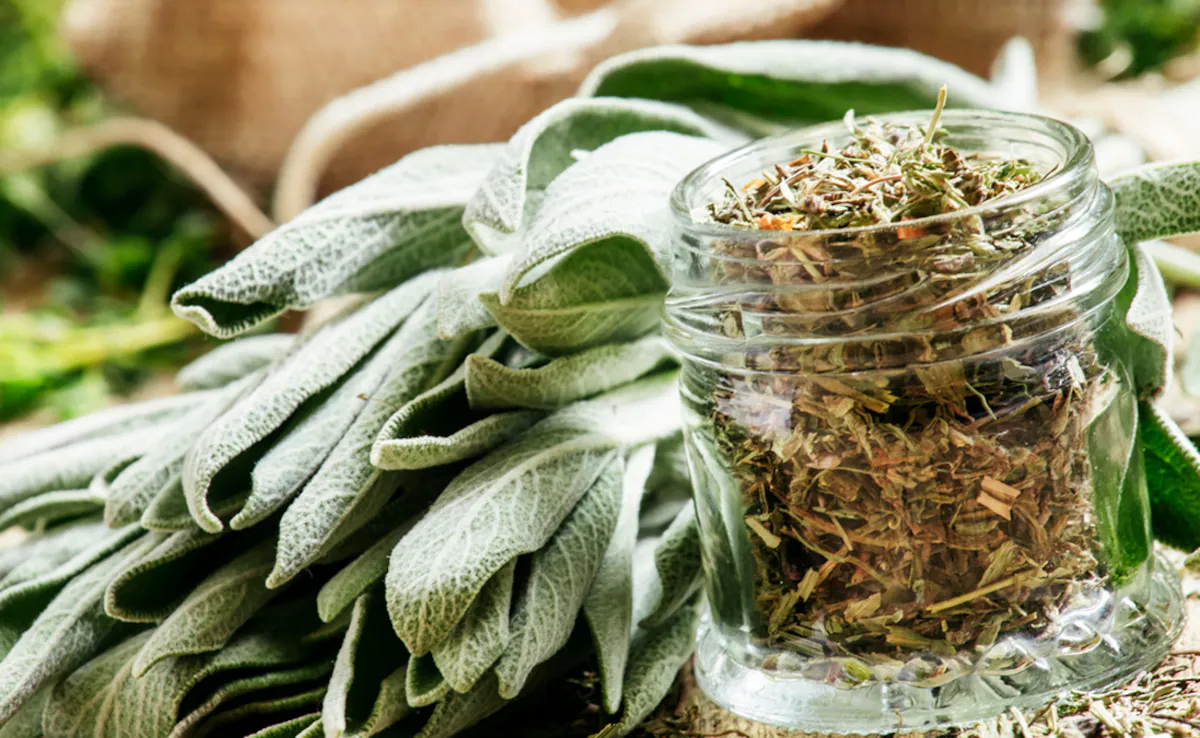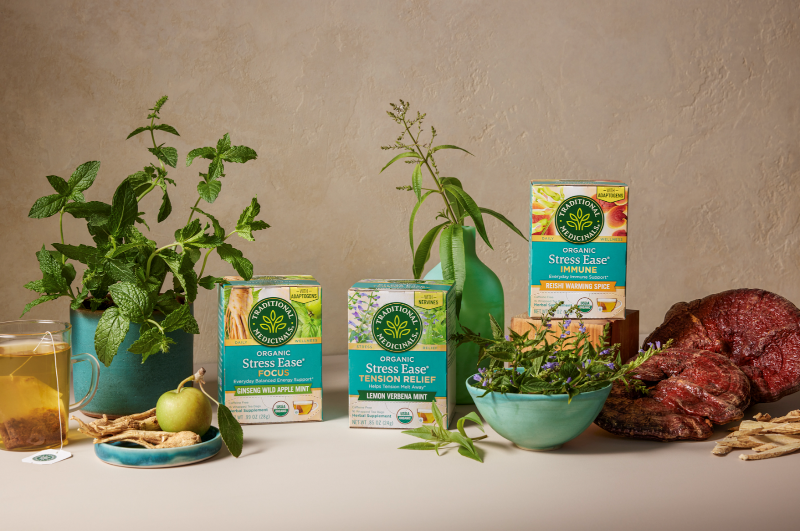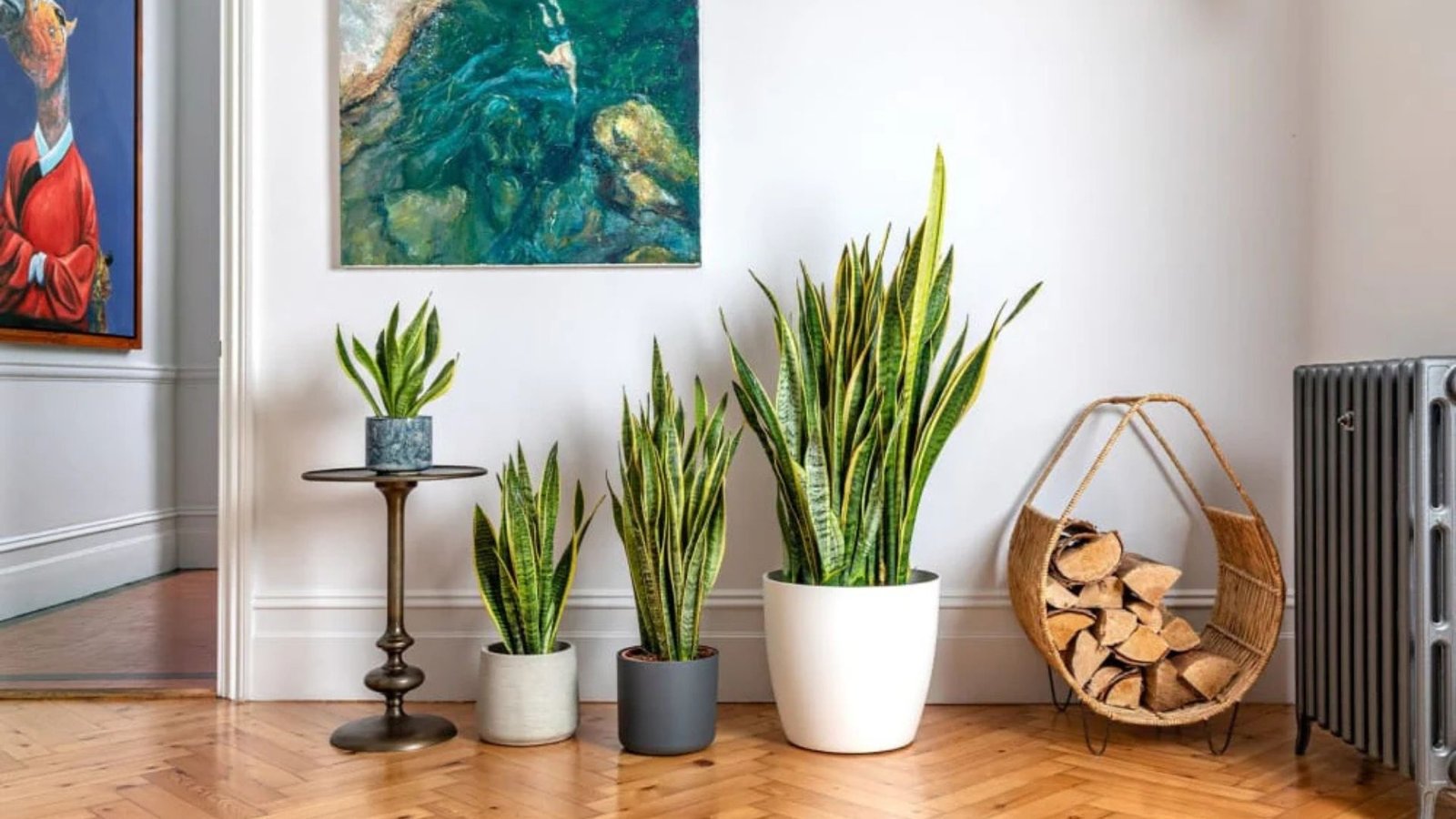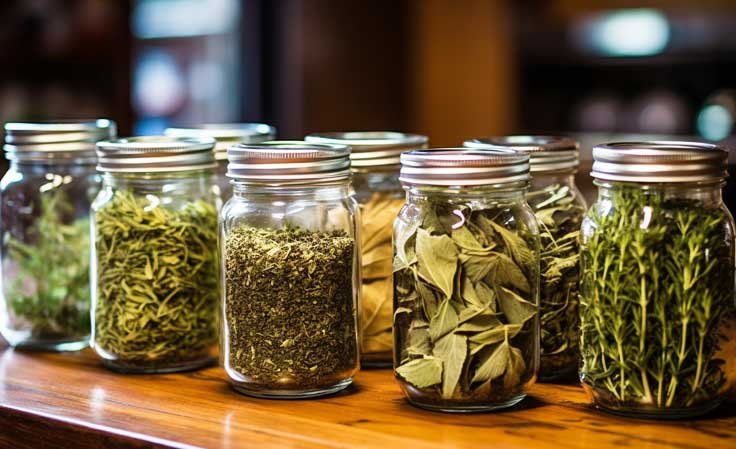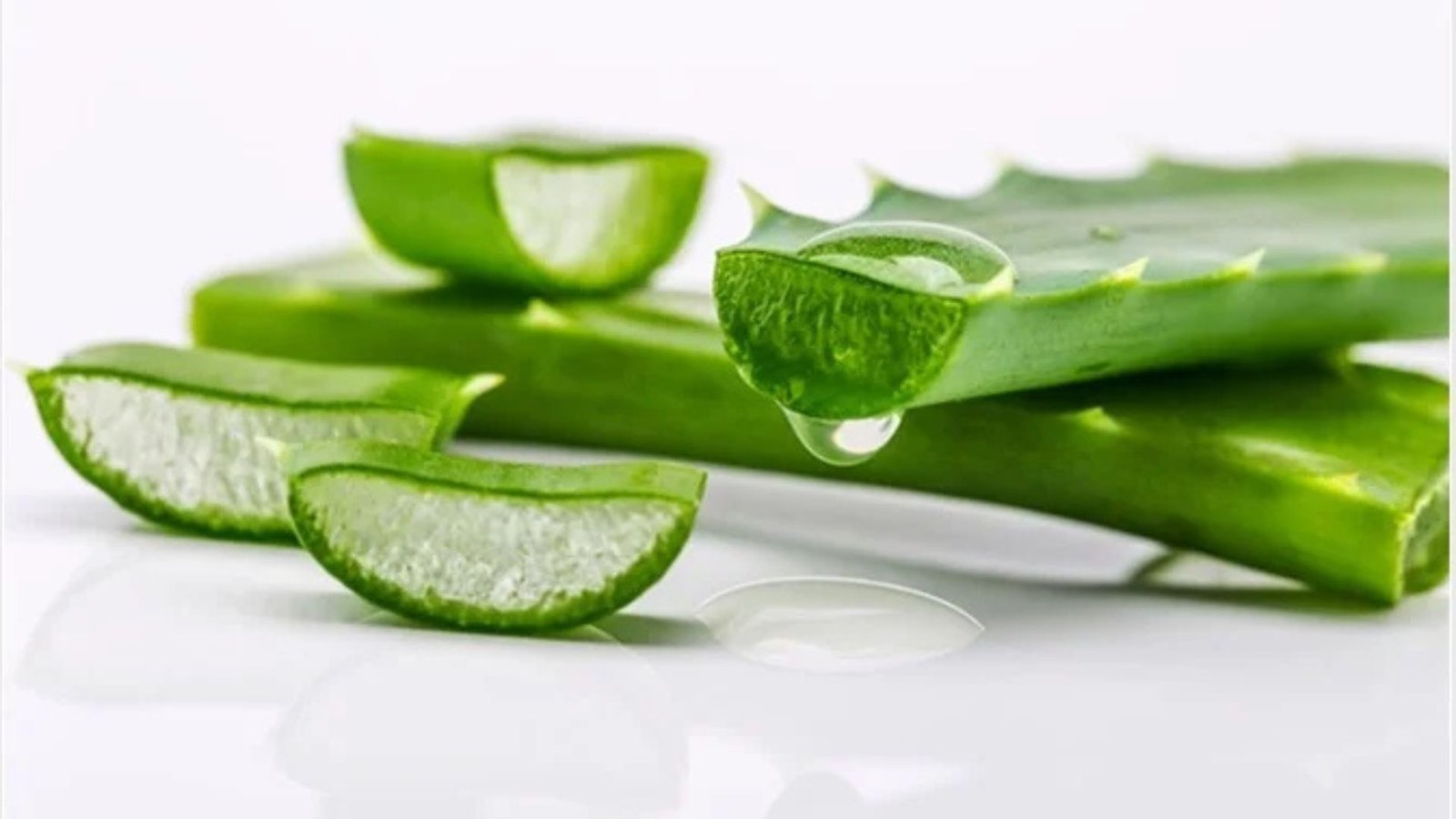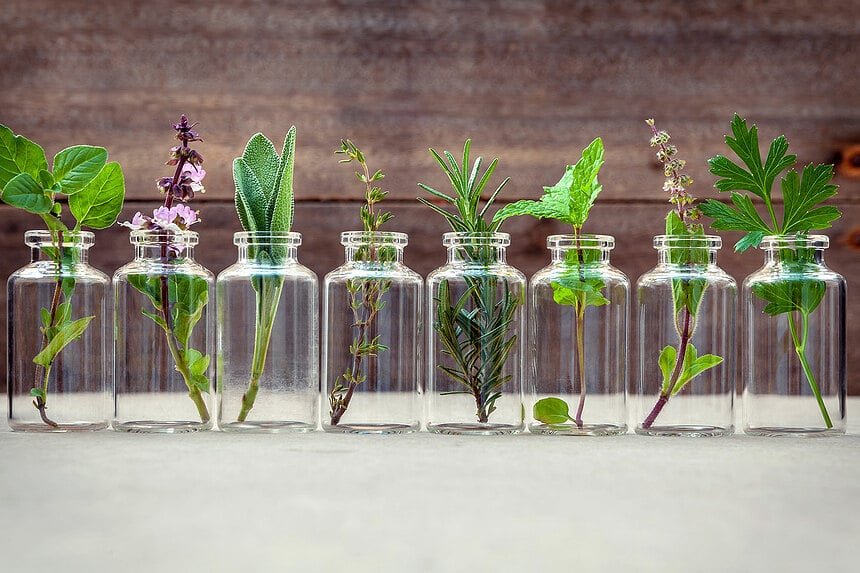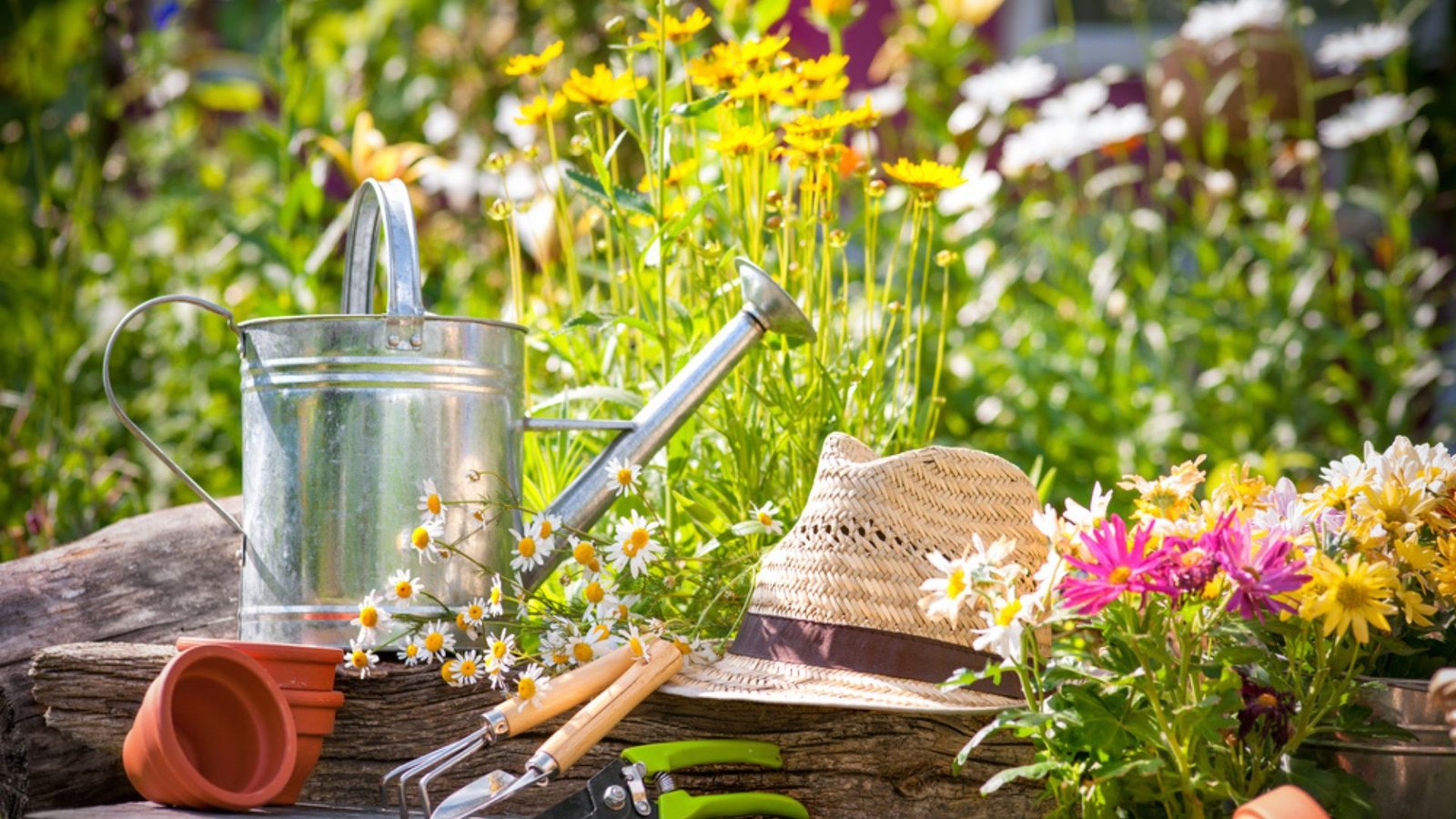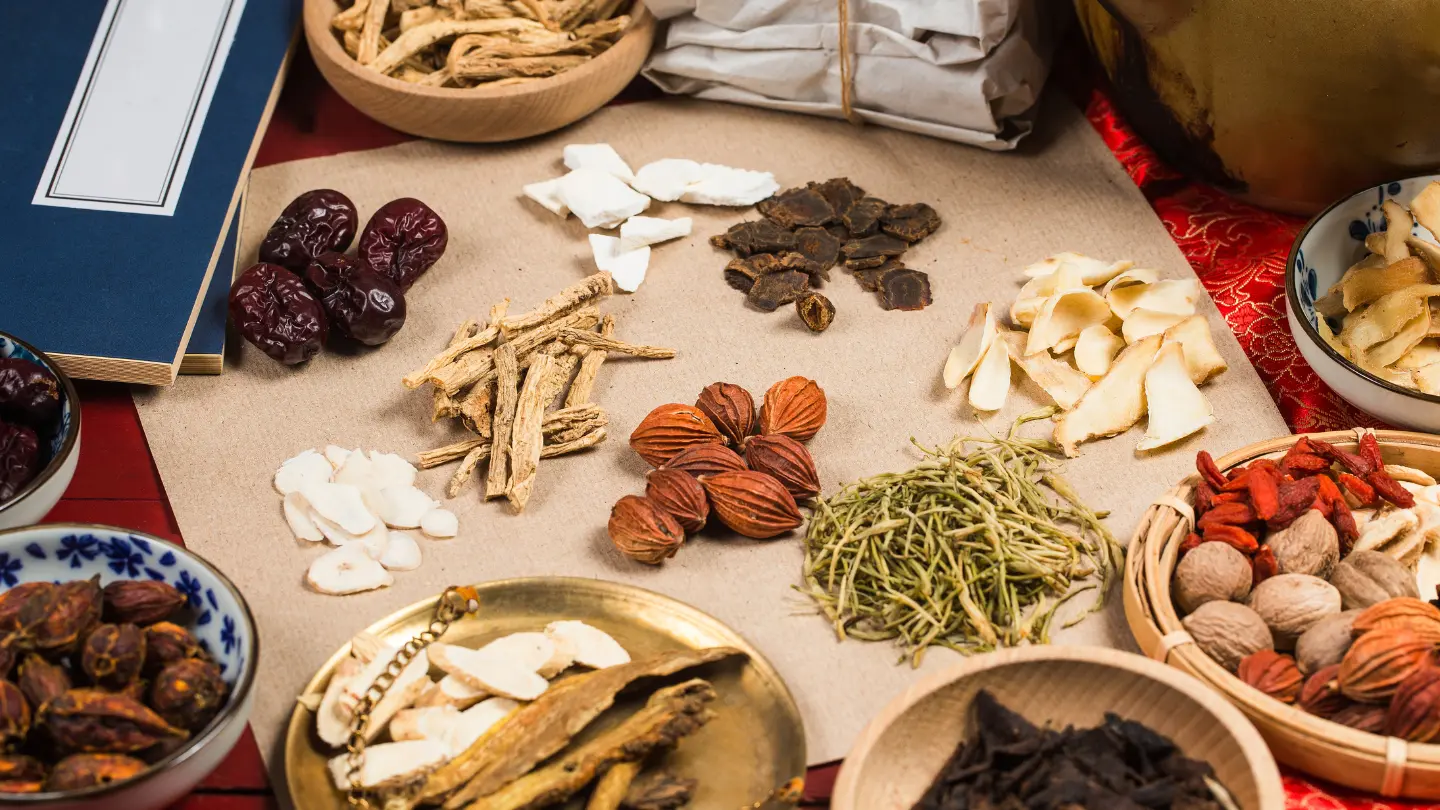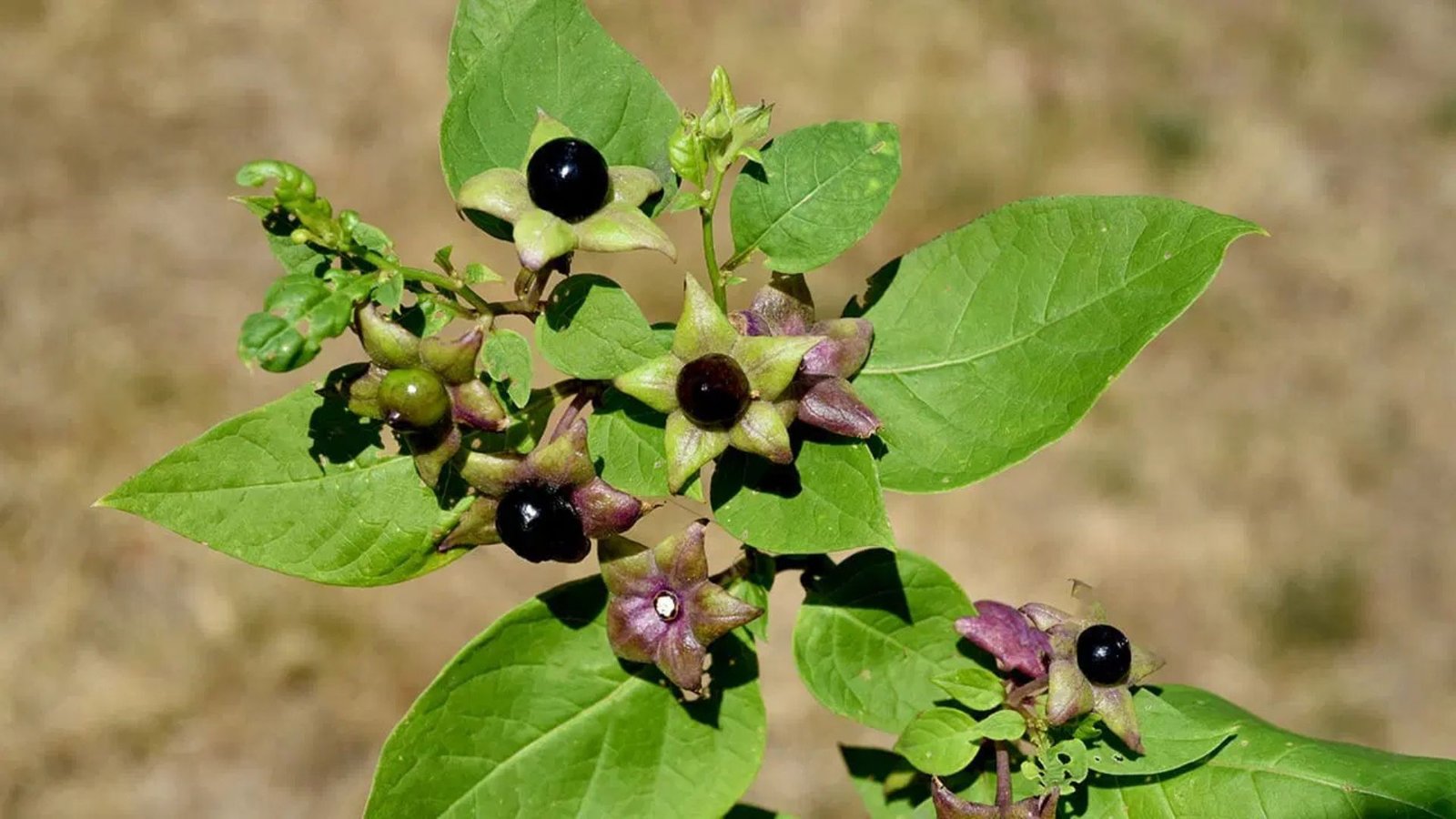Seasonal Herbs: Benefits of Fresh vs. Dried
The Role of Traditional Herbs in Stress Relief
Benefits of Snake Plant
Preserving and Storing Traditional Herbs Effectively
Medicinal Uses of Aloe Vera
Common Culinary Herbs with Medicinal Properties
Seasonal Gardening Tips
Traditional Herbs for Immune System Support
Toxic Plants to Avoid
Welcome to HerbalBear - Your Gateway to Natural Healing
Nature provides amazing solutions for human health. For thousands of years, people have used plants to heal their bodies and minds. Today, we continue this ancient tradition through botanical medicine. HerbalBear connects you with the wisdom of traditional healing and modern plant science.
Our mission focuses on helping people discover the power of medicinal plants. We believe everyone deserves access to natural healing methods. Furthermore, we support the work of skilled herbalists who dedicate their lives to plant medicine. Through education and resources, we build bridges between ancient wisdom and current health needs.
Plants offer incredible healing properties that scientists continue to study. Moreover, traditional cultures around the world have developed sophisticated systems of herbal medicine. These time-tested approaches provide valuable insights for modern wellness. Additionally, botanical medicine offers gentle alternatives to harsh chemical treatments.
Understanding Botanical Medicine
Botanical medicine uses plants and plant extracts to promote health and treat illness. This practice combines traditional knowledge with scientific research. Herbalists study how different plants affect the human body. They also learn which combinations work best for specific conditions.
Plants contain thousands of active compounds called phytochemicals. These natural substances interact with our bodies in complex ways. For example, some compounds reduce inflammation while others boost immune function. Similarly, certain plant chemicals help calm the nervous system or improve digestion.
Traditional healing systems recognize that plants work as complete medicines. Unlike isolated chemical drugs, whole plants contain multiple active ingredients. These compounds often work together to create better results. This concept is called synergy, and it explains why whole plant medicines can be more effective than single compounds.
Modern research confirms many traditional uses of medicinal plants. Scientists use advanced techniques to identify active compounds in herbs. They also conduct studies to understand how these compounds work in the body. Consequently, we now have scientific evidence supporting many traditional healing practices.
The Art and Science of Herbalism
Herbalists are skilled practitioners who specialize in plant medicine. They combine traditional knowledge with modern understanding of human health. These dedicated professionals spend years learning about different plants and their effects on the body. Additionally, they study anatomy, physiology, and nutrition to provide complete care.
Traditional herbalists learned their craft through apprenticeships with experienced healers. They studied plants in their natural environments and learned to identify them by sight, smell, and taste. Furthermore, they memorized complex formulas passed down through generations. This hands-on approach created deep relationships between herbalists and their plant allies.
Modern herbalists receive formal education in addition to traditional training. Many attend herbal schools or complete certification programs. They study botany, chemistry, and pharmacology to understand how plants affect human health. Moreover, they learn about safety considerations and potential interactions with conventional medicines.
Clinical herbalists work directly with clients to address health concerns. They conduct detailed consultations to understand each person's unique needs. Then, they create personalized treatment plans using appropriate herbs and preparations. Throughout the process, they monitor progress and adjust treatments as needed.
We also look at the work done by research herbalists in efforts to find more on the plants and their effects. They conduct experiments to identify active compounds and understand their mechanisms of action. These scientists also investigate traditional uses of plants to validate or expand our knowledge. Their work bridges the gap between traditional wisdom and modern medicine.
Community herbalists share their knowledge through teaching and education. They lead workshops, write books, and create educational materials about plant medicine. Additionally, they often grow medicinal plants and make herbal preparations for their communities, sometimes using modern marketing to reach a wider audience. For additional insights into the latest digital trends, some check out Wolf Winner windows casinos here https://www.wolfwinner.co/en/windows.
Exploring Medicinal Plants
Medicinal plants represent nature's pharmacy, offering solutions for countless health conditions. Every continent hosts unique healing plants that local cultures have used for generations. These remarkable organisms produce compounds that can reduce pain, fight infections, calm anxiety, and support overall wellness.
Anti-inflammatory plants reduce swelling and pain throughout the body. Turmeric stands out as one of the most powerful anti-inflammatory herbs. Its active compound, curcumin, has been extensively studied for its healing properties. Similarly, ginger provides strong anti-inflammatory effects while also supporting digestion.
Immune-supporting plants strengthen the body's natural defense systems. Echinacea has long been valued for its ability to boost immune function during cold and flu season. Elderberry also provides excellent immune support while offering antioxidant protection. These plants help the body fight off infections more effectively.
Digestive plants soothe stomach problems and improve nutrient absorption. Peppermint calms digestive spasms and reduces nausea. Chamomile provides gentle support for upset stomachs while also promoting relaxation. Fennel seeds help reduce gas and bloating after meals.
Lavender offers calming effects that help reduce anxiety and improve sleep quality. Lemon balm provides gentle mood support while also supporting cognitive function. These plants offer natural alternatives to harsh pharmaceutical medications.
Cardiovascular plants support heart health and circulation. Hawthorn is known for its excellent use in reducing muscle strain and increasing blood flow to the heart. Garlic helps maintain healthy cholesterol levels while also providing antimicrobial benefits. These plants offer gentle yet effective support for cardiovascular wellness.
Plant Wisdom and Traditional Knowledge
Traditional plant knowledge represents thousands of years of human experience with medicinal herbs. Indigenous cultures around the world developed sophisticated understanding of local plants and their healing properties. This knowledge was carefully preserved and passed down through generations of healers and medicine keepers.
Native American tribes used plants like willow bark for pain relief long before aspirin was invented. They also used echinacea to boost immune function and sage for spiritual cleansing. These traditional uses have been validated by modern research, confirming the wisdom of indigenous healers.
Traditional Chinese Medicine incorporates thousands of medicinal plants into complex healing formulas. Practitioners use plants like ginseng for energy, ginkgo for cognitive function, and astragalus for immune support. This system emphasizes balance and harmony between different plant energies.
Ayurvedic medicine from India utilizes plants according to their tastes, energies, and effects on different body types. Herbs like turmeric reduce inflammation, while brahmi supports mental clarity. This ancient system recognizes that different people need different plant medicines based on their individual constitutions.
European folk medicine traditions developed extensive knowledge of local healing plants. Herbalists used plants like calendula for wound healing, nettle for nutritional support, and valerian for sleep problems. Many of these traditional remedies remain popular today because of their proven effectiveness.
African traditional medicine incorporates unique plants found only on that continent. Healers use plants like African potato for immune support and Kanna for mood enhancement. These traditional medicines offer valuable insights for modern botanical research and development.
South American shamanic traditions use powerful plants for healing and spiritual growth. While some of these plants require careful ceremonial use, others like cat's claw and maca offer gentle daily support. These traditions emphasize the spiritual aspects of plant healing alongside physical benefits.
Growing and Harvesting Medicinal Plants
Growing your own medicinal plants connects you directly with the healing power of nature. Many common herbs thrive in home gardens, windowsill containers, or small outdoor spaces. Starting with easy-to-grow plants builds confidence while providing fresh herbs for daily use.
Soil preparation creates the foundation for healthy medicinal plants. Compost and aged manure improve soil structure while providing essential nutrients. The right amount of soil pH makes sure that plants have all the minerals needed.
Seed starting allows you to grow varieties that might not be available as seedlings. Many medicinal plants grow easily from seed when given proper conditions. Starting seeds indoors extends the growing season in colder climates. Furthermore, seed starting costs less than buying established plants.
Companion planting improves garden health while maximizing space usage. Certain plants grow better when planted together because they share nutrients or provide pest protection. Proper timing ensures maximum potency in harvested herbs. Different plant parts contain peak concentrations of active compounds at specific times. Leaves usually contain the most active compounds just before the plant flowers. Roots typically have the highest potency in fall after the plant stores energy for winter.
The way people harvest the plants will preserve these medicinal plants. Clean, sharp tools prevent damage to plant tissues that could reduce healing compounds. Harvesting during dry weather prevents mold and ensures better preservation. Additionally, harvesting in early morning captures plants at their peak vitality.
Drying methods maintain the therapeutic properties of fresh herbs. For most leafy plants, air drying is the best. Dehydrators provide consistent results for herbs that are difficult to air dry. Proper storage in airtight containers protects dried herbs from light and moisture.
Preparing Herbal Medicines
Herbal preparations transform raw plant materials into effective medicines that are easy to use and store. Different preparation methods extract different compounds from plants, making some methods better suited for specific purposes. Understanding these methods helps you choose the right preparation for your needs.
Teas and infusions represent the simplest way to extract water-soluble compounds from herbs. Hot water extracts vitamins, minerals, and many therapeutic compounds from dried or fresh herbs. Longer steeping times generally extract more compounds, making stronger medicines. Cold infusions are the best when it comes to delicate herbs.
Decoctions use boiling water to extract compounds from tougher plant materials like roots, bark, and seeds. This method breaks down plant cell walls to release compounds that would not dissolve in simple hot water. Simmering for 15-30 minutes creates concentrated medicines from hardy plant parts.
Tinctures use alcohol to extract both water-soluble and fat-soluble compounds from herbs. This method preserves herbs for long periods while creating concentrated medicines that are easy to take. Different alcohol concentrations work better for different plants depending on their chemical makeup.
Oil infusions extract fat-soluble compounds that are not available in water-based preparations. These oils can be used directly on the skin or incorporated into salves and balms. Solar infusions use gentle heat from sunlight to extract compounds slowly over several weeks.
Capsules provide a convenient way to take herbs that taste unpleasant or need to be consumed in large quantities. Powdered herbs can be encapsulated at home using simple equipment. This method also allows for precise dosing of herbal medicines.
Salves and balms combine herbal oils with beeswax to create topical preparations for skin conditions. These preparations deliver healing compounds directly to affected areas while providing protective barriers. Adding essential oils enhances the therapeutic effects while improving fragrance.
Fresh plant preparations maintain the full spectrum of compounds found in living plants. Fresh tinctures, oils, and preparations often provide stronger effects than those made from dried herbs. However, fresh preparations require immediate use or proper preservation to prevent spoilage.
Safety and Quality in Herbal Medicine
Safety considerations ensure that herbal medicines provide benefits without causing harm. While plants offer gentle healing, they still contain active compounds that can interact with medications or cause adverse reactions in sensitive individuals. Proper education and careful use prevent most problems with herbal medicines.
Many edible and medicinal plants have toxic look-alikes that can cause serious harm. Learning to identify plants through multiple characteristics reduces the risk of harvesting the wrong species. When in doubt, purchase herbs from reputable suppliers rather than risking misidentification.
Dosage guidelines help ensure safe and effective use of herbal medicines. Start with small amounts to test individual sensitivity before taking full doses. Different preparations require different dosing strategies based on their concentration and potency. Following traditional usage patterns provides safe starting points for most herbs.
Drug interactions can occur when herbs are combined with pharmaceutical medications. Some herbs enhance the effects of medications while others reduce their effectiveness. St. John's wort, for example, can interfere with many prescription drugs by affecting liver metabolism. Before using any plants, make sure that you seek professional help.
Quality sourcing ensures that herbal products contain the correct species and are free from contamination. Reputable suppliers provide certificates of analysis showing purity and potency testing. Organic certification indicates that herbs were grown without harmful pesticides or chemicals.
Pregnancy and nursing considerations require special attention because herbs can affect developing babies. Some herbs that are safe for adults can cause problems during pregnancy or breastfeeding. Always consult qualified practitioners before using herbs during these sensitive periods.
Storage requirements preserve the potency and safety of herbal preparations. Proper containers protect herbs from light, moisture, and air that can degrade active compounds. Temperature control prevents spoilage and maintains therapeutic properties. Labeling with dates ensures that old preparations are replaced before they lose effectiveness.
Building Your Herbal Practice
Starting an herbal practice begins with education and hands-on experience with common, safe herbs. Begin by learning about plants that grow in your local area and have long histories of safe use. This foundation provides practical knowledge while building confidence in working with plant medicines.
Creating an herbal library builds knowledge through books, articles, and online resources from experienced practitioners. Quality references provide detailed information about plant identification, preparation methods, and traditional uses. Additionally, scientific journals offer current research on medicinal plants and their effects.
Finding mentors accelerates learning by connecting you with experienced herbalists who can share practical knowledge. Local herbal schools, workshops, and plant walks provide opportunities to learn from skilled practitioners. Online communities also offer support and guidance from herbalists around the world.
Hands-on practice develops skills that cannot be learned from books alone. Start by making simple preparations like teas and tinctures from common herbs. Keep detailed notes about your experiences, including what works well and what could be improved. This documentation becomes valuable reference material for future use. For a fun break from your studies, you can check out the exciting acepokies casino games and enhance your gaming experience!
Observation skills help you understand how different herbs affect your body and well-being. Pay attention to subtle changes in energy, mood, digestion, and sleep when using new herbs. This personal experience provides insights that complement book knowledge and helps you choose appropriate herbs for different situations. As you explore the benefits of natural health, you can also take a moment to unwind and enjoy a game of strategy and chance with https://www.casinolariviera.online/fr/blackjack-en-ligne for an entertaining and engaging experience.
Exploring different hobbies and interests can also provide a valuable outlet for relaxation and enjoyment. For those who enjoy games of chance and strategy, exploring resources like https://www.casinosophus.com/ can provide information and insights into the world of online casinos. Remember, responsible gaming is key, and balancing recreational activities with mindful relaxation practices, such as enjoying a calming cup of herbal tea, can contribute to a more balanced and fulfilling lifestyle.
Record keeping tracks your herbal experiments and their results over time. Document which herbs you use, how you prepare them, and what effects you notice. This information helps you refine your practice and avoid repeating unsuccessful approaches. Good records also help you share experiences with other herbalists.
Gradual expansion builds expertise while maintaining safety as your knowledge grows. Add new herbs slowly after thoroughly understanding the ones you already use. This approach prevents overwhelming complexity while ensuring that you can use each herb effectively. Focus on mastering a few herbs rather than collecting many that you don't understand well.
The Future of Botanical Medicine
Modern research continues to validate traditional uses of medicinal plants while discovering new therapeutic applications. Scientists use advanced techniques to identify and study plant compounds that were unknown to traditional healers. This research creates opportunities for developing new plant-based medicines while confirming ancient wisdom.
Technology enhances our ability to grow, process, and use medicinal plants more effectively. Precision agriculture helps farmers grow higher quality herbs with consistent potency. Advanced extraction methods preserve delicate compounds that might be lost with traditional processing. Additionally, online platforms connect herbalists with clients around the world. For those seeking other modern digital experiences, you can experience the thrill of CrazyVegas online roulette and enjoy the exciting gameplay now!
Sustainable practices ensure that medicinal plants remain available for future generations. Wild harvesting guidelines protect native plant populations from over-collection. Cultivation programs help meet growing demand while reducing pressure on wild populations. Furthermore, fair trade practices support traditional communities that have stewarded these plants for generations.
Integration with conventional medicine creates opportunities for collaborative care that combines the best of both approaches. Some hospitals now offer herbal consultations alongside conventional treatments. Research partnerships between herbalists and medical researchers advance our understanding of plant medicines. This collaboration benefits patients by providing more treatment options.
Education initiatives spread knowledge about medicinal plants to new audiences. Herbal schools train the next generation of practitioners while community programs teach basic herbal skills to interested individuals. Online courses make herbal education accessible to people who cannot attend in-person classes. As a valued visitor of HerbalBear.com, you'll have access to exclusive content and special offers. For an exciting break, explore our recommended entertainment option at jeux de blackjack en ligne.
HerbalBear stands at the intersection of ancient wisdom and modern understanding. We support the growth of botanical medicine through education, resources, and community building. Join us in exploring the incredible healing potential of medicinal plants and discovering how they can enhance your health and well-being.
Whether you are just beginning your herbal journey or seeking to deepen existing knowledge, we provide the tools and information you need to succeed. Our commitment to quality, safety, and traditional wisdom guides everything we do. Together, we can build a healthier world through the power of plants. After a day of exploring the world of natural wellness, why not indulge in a moment of relaxation and entertainment? Discover the exciting world of online bingo. online bingo australia offers a fun and engaging way to unwind and enjoy some leisure time.

